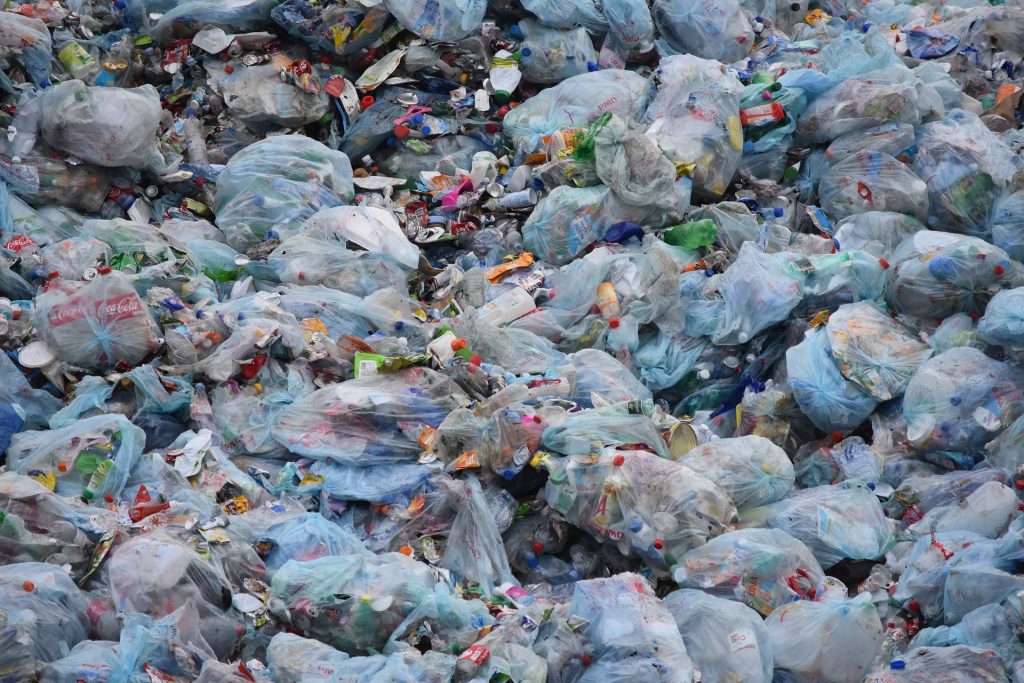Well that’s inconvenient…

Remember the movie An Inconvenient Truth (Al Gore’s documentary from 2006)? What a perfect name for how we prefer to ignore facts which are uncomfortable for us, such as climate change. I was recently struck by how very little we are willing to give up for either the greater good, or for the future, simply in the name of convenience.
Even though our population has doubled since I was born, and I am not yet 50, we use all our resources as if they are infinite. We buy and throw so much away with abandon because it is cheap, but there is a hidden price.
We need to adapt. And we need to do it quickly. I’m definitely not perfect, but I try to do what I can and think about my choices every day. It may be a little annoying to remember to bring your reusable bags… but is it really that difficult? It’s easier just to grab that one-use cup for your coffee drink, but that plastic will live on for 500 years.

We’re fortunate enough in our city to have compost pick up from our house. It has reduced our garbage by more than half. This is not a hardship to scrape our scraps into a compost bin rather than the garbage. If you don’t have curb side pick up, you will need to make a larger effort for the same result. Throwing away food, napkins, and other compostable materials means this waste goes into landfill and because it cannot biodegrade inside a plastic liner, it will create methane. There are many reasons to compost.
I heard a recent news article on the radio about autonomous driving, and how in the future we won’t need multiple cars per family just sitting unused most of the time at great expense. Cars are driven by a single occupant 75% of the time, and are parked 95% of the time. So, ride-sharing, public transportation, and the idea of community cars makes a lot of sense. Change is coming.
We need to get over our sense of entitlement and start living like we do not have instant gratification at our fingertips.
There are always steps we can each take as we think about what we consume. Reduce, reuse and recycle.
And, three times a day, you can choose to eat less (or no) meat. Feeding, watering, transporting, medicating, disposing of their waste, and slaughtering animals takes more water, land and resources than plant-based foods. Not to mention the pollution and carbon output.
If making such a small change, such as eating less meat is too difficult, we are in for a very rough time ahead.

